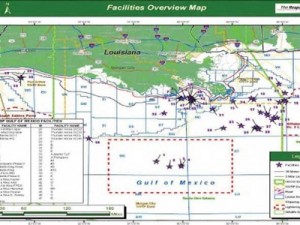Preliminary Lessons in Crisis Management
The news from the Gulf Coast continues to alarm. The Associated Press reported workers’ accounts of the unfolding tragedy on the Deepwater Horizon drilling rig in the Gulf Coast. Imagine the horror the workers experienced as they attempted to walk across a bloody platform and remove debris from their colleagues’ bodies to see if they were alive and if they could be transported to the lifeboats. It is painful to read, but necessary. The report suggests certain preliminary lessons from the tragedy: first, management was clearly wearing rose-tinted glasses when they did their scenario planning, completely failing to envision a realistic disaster scenario. Second, BP failed to delegate authority to workers for immediate corrective action, resulting in costly delays as critical decisions went up and down the chain of command. Third, management put human safety below procedural formalities, preferring to do roll calls when an immediate evacuation was called for. Fourth, it does not appear that critical safety equipment was regularly tested to ensure its functionality. Fifth, the workers were improperly trained in life-saving procedures. One operator, for example, didn’t know how to detach the life boat from the rig. Everyone should be cross-trained in critical functions as you cannot anticipate in advance who will be available to respond to an emergency and in what capacity. Finally, the federal government abdicated responsibility for appropriate intervention, which decision is all the more baffling given that BP executives have given us no reason for confidence in their judgment calls. It is just a horrifying story all round.
